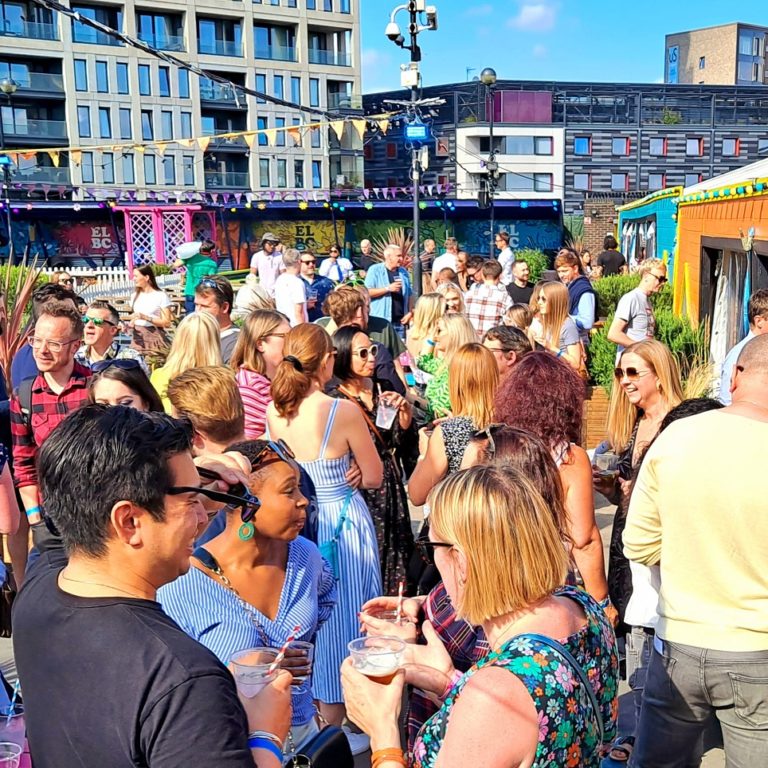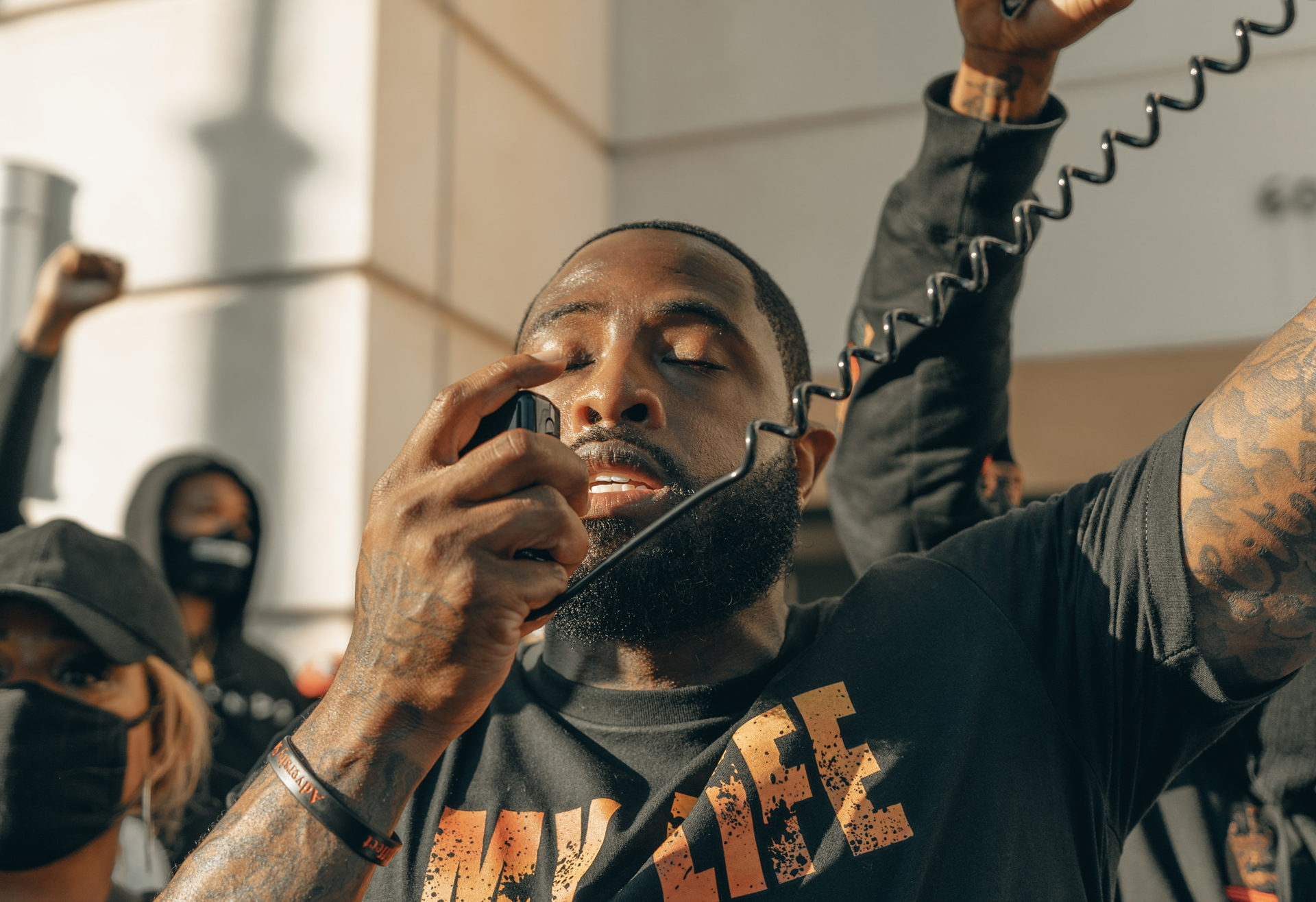“Black Lives Matter: Re-Energizing the Conversation” Study Captures Negative Views of the Country’s Racial Progress
New York, (February 15, 2022) Savanta, the global intelligence business, today issued its new study titled, “Black Lives Matter: Re-Energizing the Conversation,” which found that more than half of Americans believe that racism is getting worse in the United States.
The study is an update of Savanta’s 2020 Black Lives Matter (BLM) report, which surveyed 1,500 employed Americans to see how the movement had impacted their experience in the workplace.
Going beyond the impact of the BLM movement on employees, this latest Savanta study investigates the lasting impact of the movement by tracking the changes in attitudes amongst all Americans one year on.
The George Floyd tragedy struck a chord with modern America, opening many eyes to the realities of police brutality and the often-unparalleled treatment of Black people through systematic racism. Despite highlighting an issue targeted solely at minorities, the BLM message was universal.
So how far have we come since the death of George Floyd? According to the new study, things have gotten worse.
Top Findings of Study:
- Especially concerning for racism in America is that amongst American adults, over half (55%) say that racism towards Black people has gotten worse during the last year, with just under one in five (18%) saying that it has improved.
- Even more disappointing is the striking difference in perception of how racism towards Black people has gotten worse between Black and White Americans. While two thirds of Black Americans (65%) say racism has gotten worse in the past year, just two in five White Americans (39%) have the same impression.
- While a quarter of White Americans (25%) say that racism towards Black people has gotten better in the past year, just one in six Black Americans share this view (15%).
- However, despite widespread acknowledgement that such divisions exist, a third of Americans overall (33%) and two in five White Americans (41%) say that claims of racism experienced by Black Americans are exaggerated.
Racism in the Workplace:
As a shift erupted last year amongst Americans in the workforce, employees and employers alike took action to implement and transform the workplace in reaction to the BLM movement and the residual systemic problems that BIPOC consumers face at work.
However, are the effects of the BLM movement long lasting when it comes to the workplace? Here’s what the updated study found:
- A comparison of data from 2021 shows a dramatic shift of sentiment surrounding initiatives being done around diversity and inclusion in the workplace. In 2021, employed Americans (57%) agree that BLM is creating an improvement in the workplace, significantly higher than what we see from employees now (37%).
- A similar difference arises when it comes to employee trust in their employer compared to last year, with employees (49%) agreeing that they trust their employer to make meaningful change, as opposed to the last wave which shows much more employee trust (54%).
It’s Important for Brands to Speak Out:
Many organizations were quick to show their support for the BLM movement in the summer of 2020. But do Americans, and Black Americans in particular, care if brands do or don’t speak out? Here’s what the updated study found:
- Over two thirds of Americans (68%) say that it is important for brands to speak out about racism, rising to almost eight in ten Black Americans (78%).
- Two fifths of Americans say that brands are doing a little to promote equality (41%). Almost a quarter feel that brands aren’t doing anything or much at all (21%).
- Crucially the bigger problem appears to be that one in four Americans don’t even know what brands are doing to promote equality
“We hope this study works toward reenergizing the conversation in the U.S.,” said Sadia Corey, VP of Client Development at Savanta. “With the country divided on whether claims of racism are exaggerated or underplayed, there is, at least, a consensus that the responsibility to drive change lies with everyone.”
Click here to download the full “Black Lives Matter: Re-Energizing the Conversation” report.




